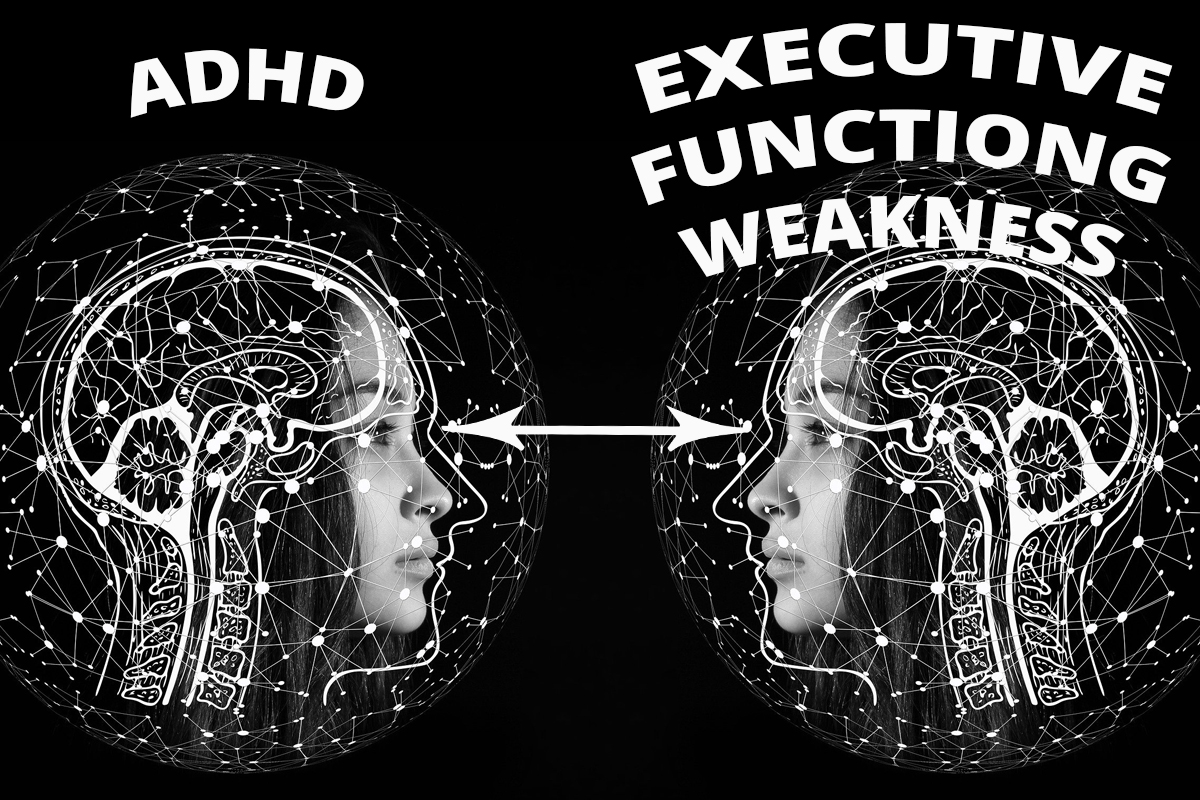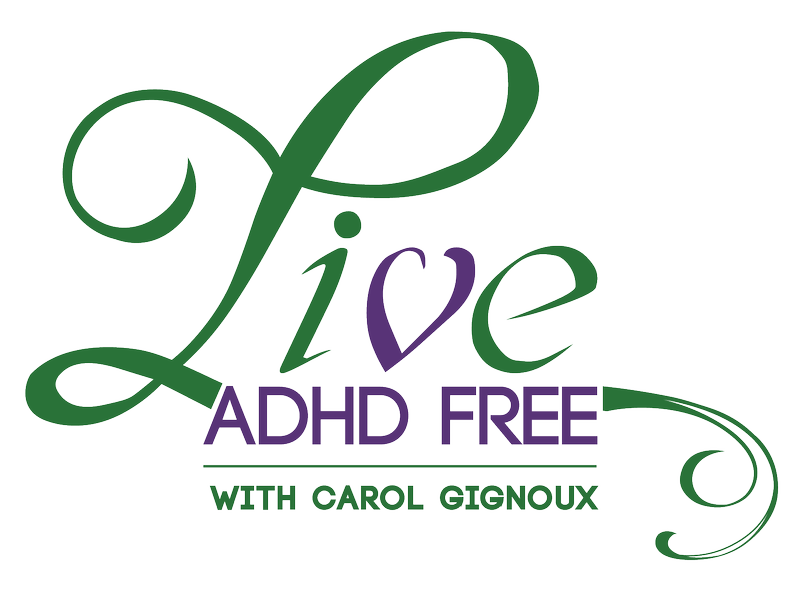As our understanding of neuroscience has progressed, we are now aware that diagnosis and profile of ADHD don’t explain all executive functioning weaknesses and their resulting issues.

The executive functioning part of our brain’s prefrontal cortex governs our executive functions like:
- organization,
- self-restraint,
- motivation,
- emotional control,
- time management,
- starting and finishing,
- and planning ahead.
As you can see, these functions are necessary for maintaining successful learning, stable relationships, and managing and predicting intended results in one’s life.
The most interesting thing about people with this brain type is they have superior ability in the areas of:
- creativity,
- problem-solving and inventing,
- intuition,
- compassion,
- and managing crises.
After 35 years I have renamed them “Innovators” because that sums up the one thing all of them seem to have in common and their gift to the world.
ADHD has a specific profile that begins in childhood and follows a trajectory of anticipated symptoms over time as the person ages. It is well documented and neurologically understood. So what about those people who don’t fit that profile and yet also have some of the same symptoms?
We now know that there are other reasons why someone could have issues with their brain’s executive functions. They could have:
- suffered physical, mental and emotional abuse,
- grown up in poverty,
- had a traumatic brain injury,
- had a nutritional deficiency,
- been exposed to or ingested lead,
- experienced birth trauma,
- lived in isolation,
- been developmentally affected by the lack of early childhood education and underachievement of expected milestones.
More can be added to the list but the point is that people for these reasons and others need help now and this is why the number of referrals for ADHD Coaches is increasing so dramatically. The good news is that currently there are opportunities to be trained to be a much-needed ADHD/Executive Functioning Coach without the high cost and large time commitment you would expect. Click the button below to learn more.



Pingback: ADHD Coaches: Is Executive Function Weakness a Disorder or Disability?